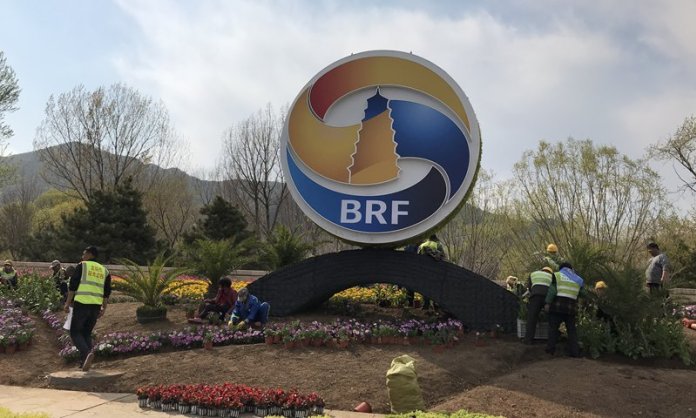KUALA LUMPUR, Aug 15 (NNN-BERNAMA) — Active engagement with participating countries of China’s Belt and Road Initiative (BRI) is needed to ensure the infrastructure being developed is in line with the affordability of the respective countries.
Former Minister of International Trade and Industry Datuk Seri Mustapa Mohamed said mega-infrastructure undertakings like BRI were not without risks, as in recent years there have been some concerns expressed on debt sustainability.
He said this in turn would also have implications on economic growth and sovereignty.
“Some of these concerns are being addressed in Malaysia and going forward, it is important to ensure that infrastructure development, investments and trade are mutually beneficial.
“These concerns and challenges notwithstanding, the BRI, if executed correctly, will help link remote Asia with the wider global supply chain,” he said in his keynote address at the “New Inclusive Asia Dialogue”, organised by non-governmental think tank, Centre For New Inclusive Asia (CNIA) here today.
The two-day dialogue, attended by scholars, government officials and corporate leaders from 11 countries is aimed at sharing insights on connectivity for inclusive growth in Asia.
Mooted by Chinese President Xi Jinping, the BRI aims to revive the ancient Silk Road trade route linking Asia and other parts of the world through roads, rail, airports, pipelines and other means.
Meanwhile, Mustapa who is also CNIA’s Chairman of International Advisors said Asia had remained a continent with socio-economic and cultural divides, and to overcome these, it is important to promote integration in the region.
He said connectivity in terms of physical, digital, and people to people connectivity, is needed to facilitate the integration.
“Aside from being catalysts for economic growth, physical infrastructure, such as highways, railways, airports and seaports, are also conduits for regional integration,” he added.
— NNN-BERNAMA






